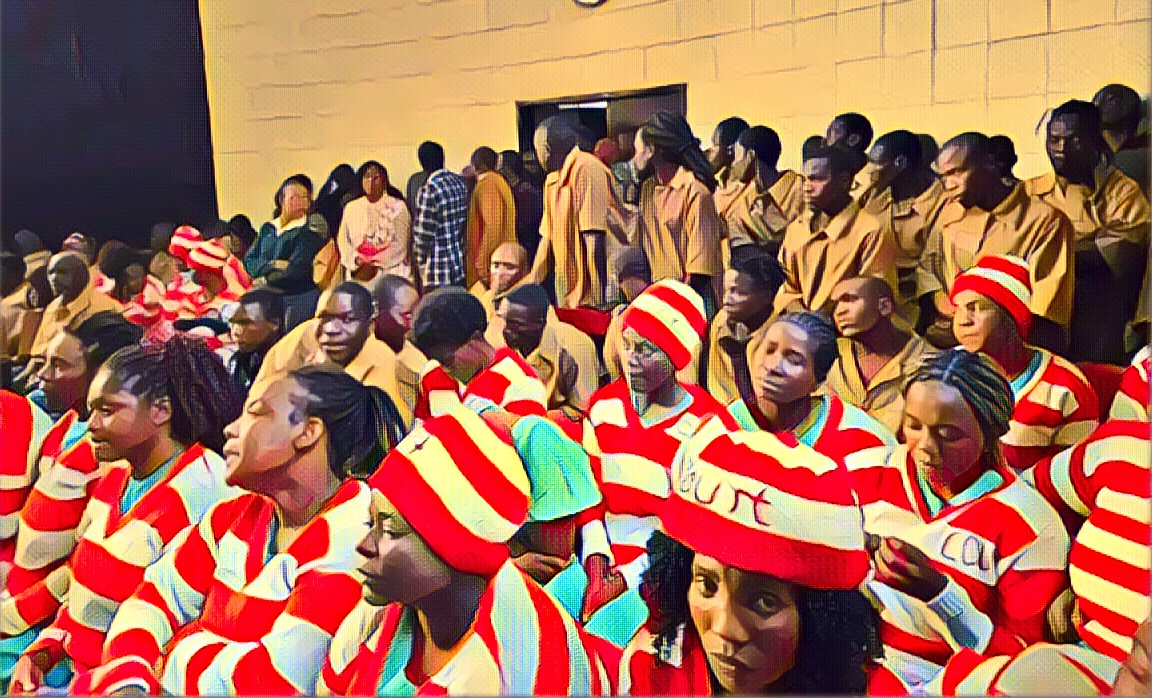The Southern African Development Community (SADC) summit has officially begun in Harare, Zimbabwe, but the event has been overshadowed by ongoing concerns about the treatment of jailed activists and critics.
The SADC summit, which brings together leaders from across Southern Africa to discuss regional issues and cooperation, is being closely watched not just for its policy outcomes but for the human rights issues casting a shadow over the host nation. Zimbabwe, known for its turbulent political landscape, has faced increasing scrutiny over its handling of dissent.
In recent weeks, numerous activists and critics of the government have been imprisoned, sparking international outrage and calls for reform. These individuals, many of whom are prominent figures in the fight for democracy and human rights in Zimbabwe, have been detained under controversial charges that many see as politically motivated. Their detention has been a point of contention among international observers and local human rights organizations.
As the summit proceeds, several high-profile delegates have called attention to the plight of these jailed activists. The international community is eager to see if the summit will address these human rights concerns or if the focus will remain solely on regional economic and security issues.
The government of Zimbabwe has defended its actions, asserting that the detentions are necessary for national security and the rule of law. However, critics argue that the suppression of dissent and the restriction of free speech undermine democratic values and stifle meaningful political discourse.
In addition to the political tensions, the summit is also facing logistical challenges. The city of Harare has been on high alert, with increased security measures in place to ensure the smooth running of the event. The summit’s organizers are working to manage these challenges while attempting to project a positive image of Zimbabwe to the international community.
Despite the current challenges, there is a glimmer of hope. The presence of international delegates and the spotlight on Zimbabwe may lead to increased pressure on the government to address human rights abuses and work towards a more open and democratic society. The international community remains hopeful that the summit will pave the way for positive change and greater regional cooperation.
The outcome of the SADC summit could play a crucial role in shaping the future of Zimbabwe and its relations with its Southern African neighbors. As the world watches, the hope is that the discussions will lead to meaningful reforms and an improved human rights situation in the country.
Source: New Zimbabwe


